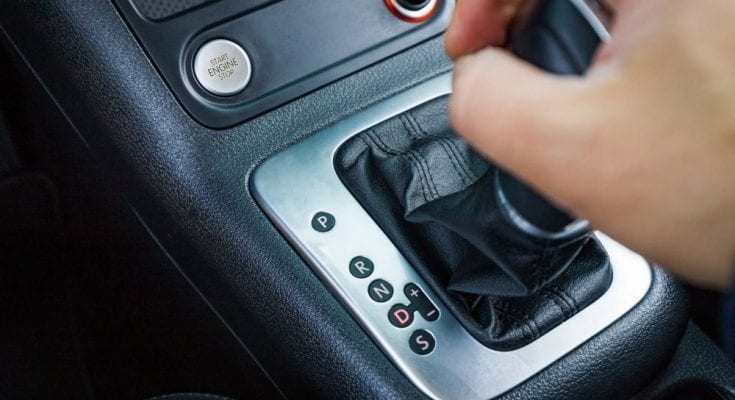Do you have a need for speed? Modern automobiles range in the limits of their top speed, but many brands today build models that hit around 155 mph. All the while, the highest speed you can legally drive at in America is at most 85 mph. This is modern marketing at its finest, as higher numbers are indicative of a powerful engine. Contemporary manufacturers have a strong need to appeal to those people who desire to see impressive specifications.
Yet, what determines the speed of a car? How can cars achieve their top speed? Let’s take a closer look at the collective components and characteristics that come together to create automotive speed. Here’s a background glance at what affects the straight-line speed of a vehicle on the road today.
Power of the Engine
Speed is essentially about power, and the source of a car’s speed is its engine. The engine of every automobile produces a force that manufacturers measure with mechanical horsepower. The scope of an engine’s power is a straightforward way to examine potential speed. Larger engines burn more fuel to increase their horsepower.
However, various mechanical parts can take away from a car’s horsepower as well. Assorted stock car parts actually hinder the full capabilities of a vehicle’s engine. A variety of performance mods to maximize horsepower are available for those who’d like to boost their vehicles’ top speeds and acceleration rates.
Aerodynamics of the Vehicle
Still curious about what determines the speed of a car? Aerodynamics and air resistance are the answer to that question. An automobile with a sleeker, streamlined design will face less air and wind resistance. Less resistance gives tires better traction, allowing them to effectively grip the road’s surface and help cars achieve greater speeds. Without a doubt, designers build all professional racing cars with a streamlined aerodynamic structure for this very reason.
Weight of the Car
In the automotive performance equation, weight is another critical principle to consider. Making a vehicle less heavy is just as important as increasing engine power. Lighter cars designed with lower hauling weights support engine performance. The use of lightweight materials, such as aluminum alloys and carbon fiber, helps boost vehicle speed. A lighter car with the same engine as a heavier model will automatically be able to travel faster.
FAQ
What determines the speed of a car?
Speed is essentially about power, and the source of a car’s speed is its engine. The engine of every automobile produces a force that manufacturers measure with mechanical horsepower. The scope of an engine’s power is a straightforward way to examine potential speed. Larger engines burn more fuel to increase their horsepower.
Additional Resources:
Scooters
Self Driving Electric Delivery Trucks
- 728x90/300x250 -->

